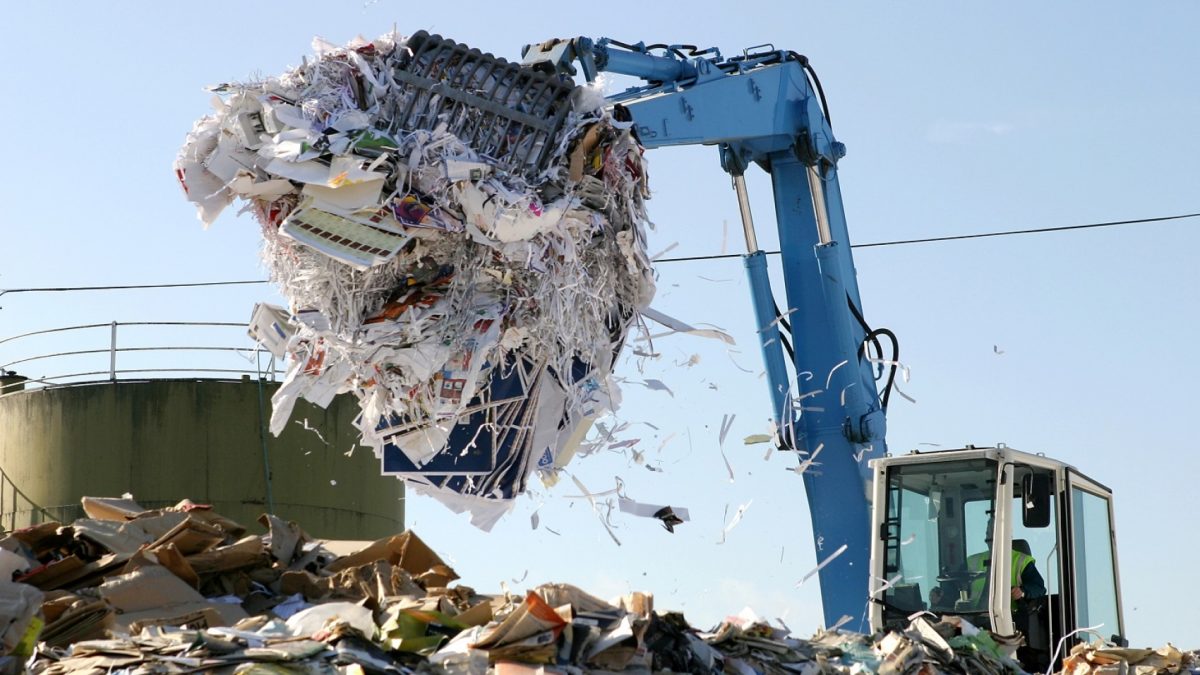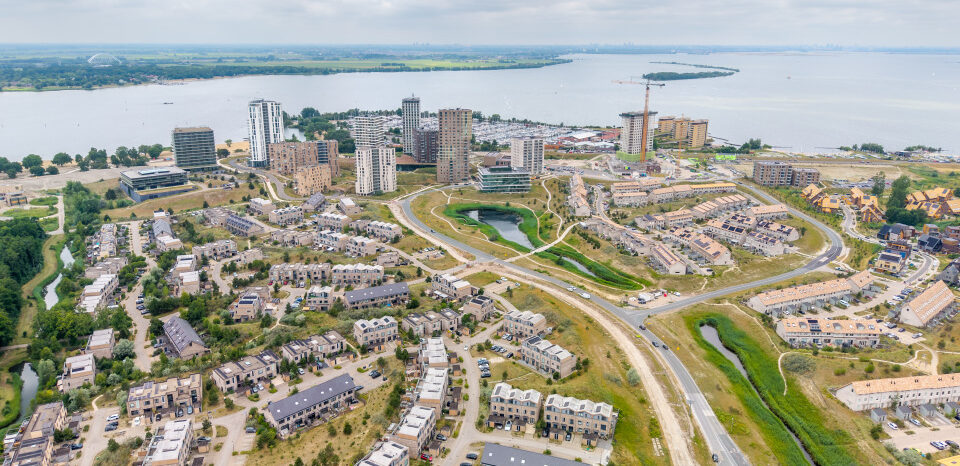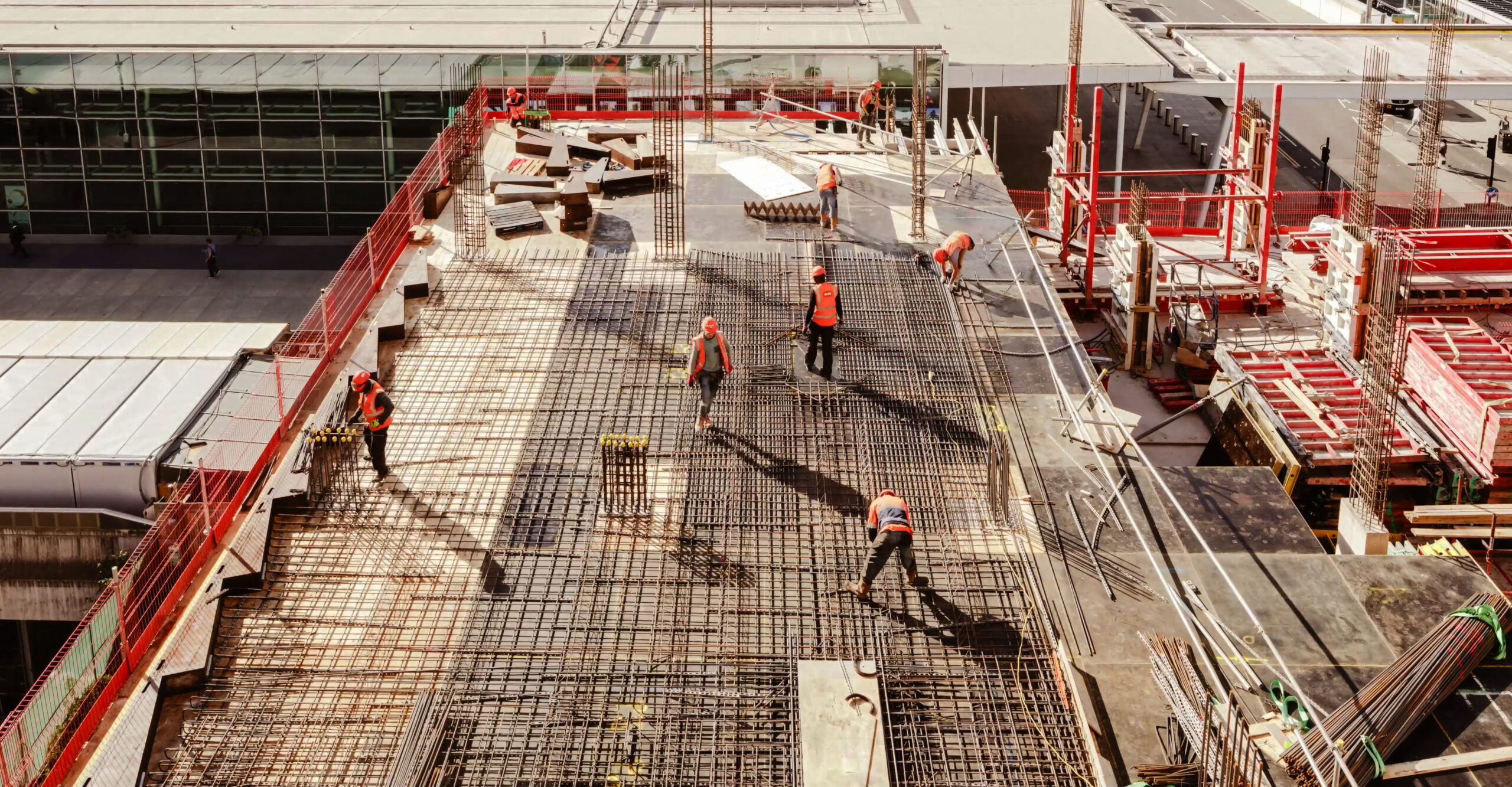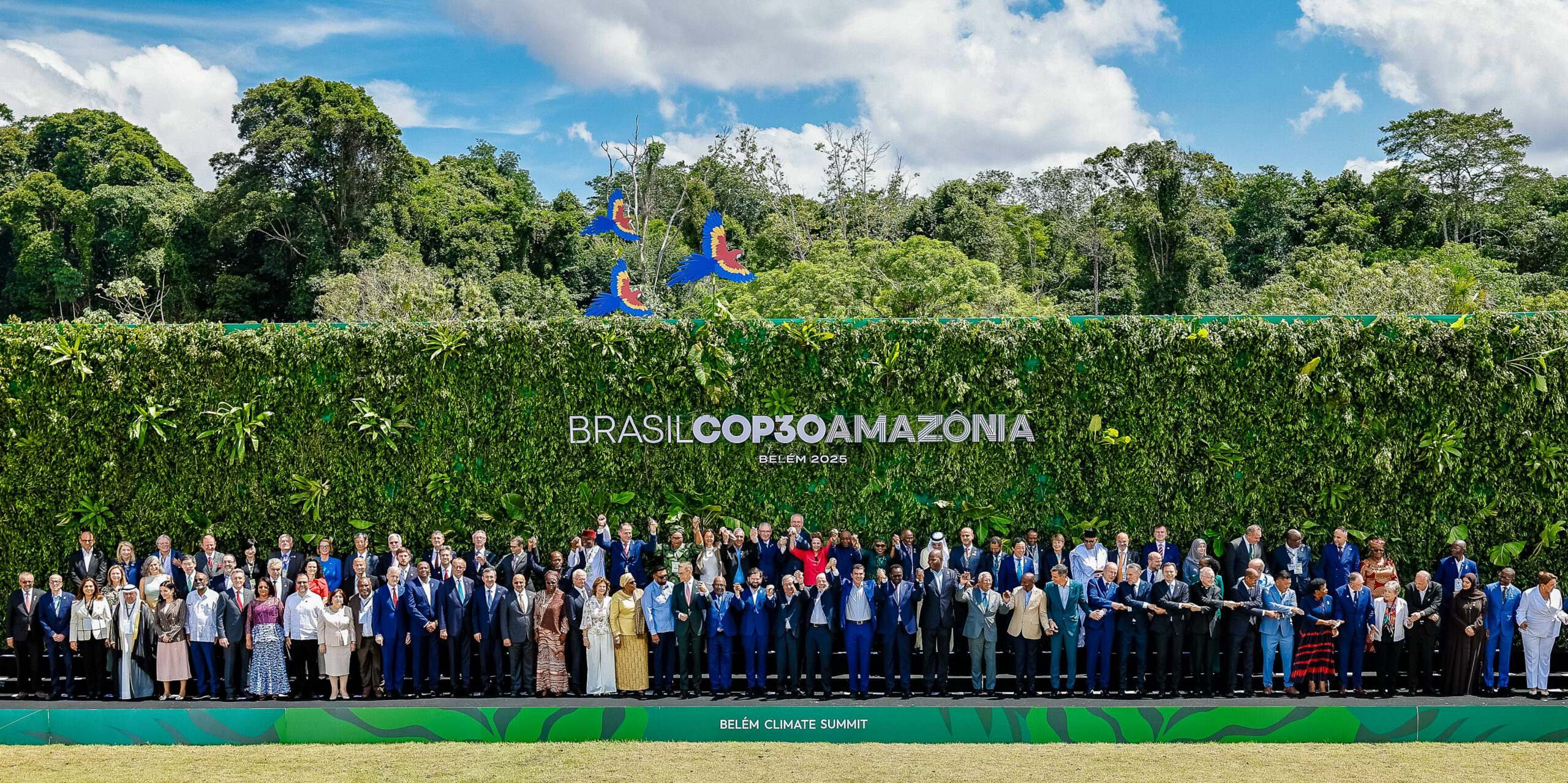Participants (catalysts) of Xynteo’s flagship programme, The Leadership Vanguard, recently travelled to South Africa to explore the plastic waste problem in Johannesburg on the ground.
“Although our research had given us a good understanding of the plastic waste issues, being in Johannesburg provided us with insights about the impacts and complexities at stake – history of apartheid, illegal immigrants, corruption, wealth discrepancy and lack of government involvement”, said one of the catalysts on the trip, Mohini Ghai Kramer, Deputy Director at Department of Communications and Information Management at ICRC.
Improving plastic waste collection
The Leadership Vanguard catalysts share a vision to improve today’s plastic recycling system, which is failing to keep pace with how fast we consume and dispose of plastic. The purpose of the trip was to investigate the plastic waste recycling system in Johannesburg’s communities, in order to explore potential areas for a commercial intervention that can improve plastic waste collection, thereby increase the volume and quality of plastic recycled.
“The city of Johannesburg represents an interesting hybrid with the formal recycling sector becoming more technically advanced and innovative, but it’s also a place where the informal sector is active and where the challenges at play in the waste management sector are particularly significant”, said Mita Broca, Frontier Lead in Xynteo, who facilitated the trip.
Understanding the system
The trip enabled the catalysts to improve their understanding of plastic waste in the Johannesburg context. The group was able to further investigate the topic, fill gaps in their understanding, and most importantly ground their assumptions in reality.
“In theory, Johannesburg should have a recycling ‘dream team’ – a combination of the efficiency of developing world informal reclaimers and developed world recycling technology. However, the reality, particularly the tortuous policy environment, is quite different. Working with key stakeholders to build that dream team is going to be challenging, but hopefully rewarding”, said catalyst Mark Irvine, Communications Manager in Group Brand Management, DNV GL.
Part of the field trip was to visit communities affected by and involved in the plastic recycling value chain to understand their needs and challenges. The participants wanted to explore what initiatives already exist, the problems they are trying to solve and how they aim to solve them. They met with a range of stakeholders including recyclers, industry associations, subject matter experts; visited a number of small and big recycling facilities and also visited a landfill site.
Next, the catalysts will begin developing ideas for positive change in the plastic waste value chain. The end goal is to create a commercially viable intervention which puts the human at the center of the problem, with the potential to make a difference to the plastics recycling ecosystem in Johannesburg.
“Businesses, reclaimers, NGOs and to a certain extent government are making significant efforts to reduce plastic waste in landfills and the environment. Building on this already existing eco system and developing innovative ways to incrementally improve the capture and recycling of waste can make a major dent into the problem. We are not starting from zero but need to leverage and develop the existing systems”, said catalyst George Hamilton, Marketing Director, Tea NA, Unilever.
Plastic Fantastic
The field trip was part of the Plastic Fantasticinitiative, which is developing in the current year of the Leadership Vanguard. This is a year-long programme where senior leaders from across industries and around the world collaborate intensively to incubate commercial solutions to the problems that threaten the future of growth. The catalysts on the field trip were from Unilever, DNV GL and ICRC.
Leadership Vanguard catalysts in previous years have developed several initiatives that contribute to solving a current problem. Examples of an existing Leadership Vanguard project is Embark, which is a reverse mentoring scheme that connects talented young Syrian professionals and Unilever business leaders in Istanbul. Plastic Maker Hubs, another Leadership Vanguard initiative, aims at tackling the wicked and highly critical problem of plastic waste at source.
Far-reaching consequences
Although plastic waste constitutes less than 15 per cent of all waste, its consequences are far-reaching and affect city infrastructure, wildlife and ecosystems, food and water and human health. Consumer plastics are primarily used in disposable, short-life products, and are one of the least recycled types of dry waste. Plastic production has increased 20-fold in the last 50 years, and is set to surge, particularly in developing countries.



